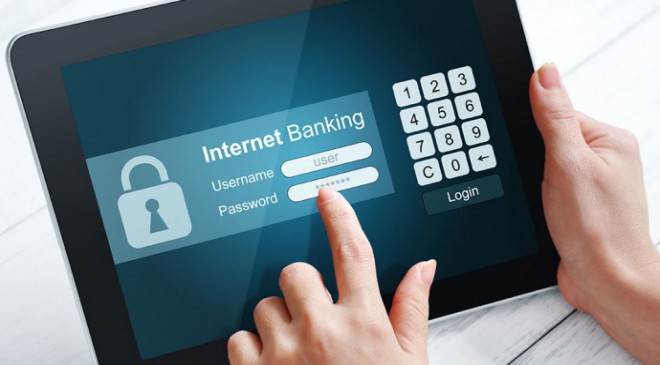Before the internet era, banking was a long and tedious job. It took a customer several visits to the bank to set-up an account, transfer funds and check his bank statement. After the internet, all banking services became available on a single page of the banking website. No regular visits to the bank and we were able to receive all banking services. The Internet has made our lives and banking convenient. It has also given us the opportunity to do our own banking tasks and give us a secure banking experience where we are in charge of our money.
Yet, internet banking is always advised being undertaken with caution. The expanding of the internet works in a vast area. There are always bad and good things associated with it. We should not take anything for granted with internet security. When everything gets shared over the internet even our banking information, we must think to update our privacy setting to protect our identity and secure better performance from this convenience. Here are seven measures to keep in mind while using internet banking.
- Avoid using public hotspot:
While banking on the internet, avoid using public hotspot to do any banking transactions. It can lead to leaking sensitive information which can cause a serious threat to your banking experience. Always stay as secure and quiet about these details. Using a public or open network can make hackers trace that information. In case you do use a public Wi-Fi, always use a VPN to secure your network.
- Do not stick with one password:
Banking accounts come with passwords for a reason. The passwords we keep help that place to stay secure. And every valuable place needs its locks changed now and then. Similarly, change your passwords often. When our laptops suggest strong passwords, it has a various combination of alphabets and numbers to make it hard to guess or trace. Phrases are a good way to keep passwords if you have a forgetful memory.
- Use a clean and secure device:
The device used in internet banking plays an important role. This device saves all the information and data of the process while banking. It is important that you use a clean and protected device. The device can be a laptop or smartphone. It is your responsibility that you own and trust the device with concealed information. It should use good anti-virus software. It is preferable to conduct the banking services over a laptop because laptops are more convenient and efficient in protecting your data against the virus.
- Ask for help from your bank:
The next tip is to stay sure about conducting your internet banking. If you have to transfer funds, set-up a savings account, apply for a loan or check your bank statement. Make sure, you are not confused and well-skilled in banking operations online. If you get stuck or have a complaint, we strongly recommend you tospeakto your bank before taking action. Sometimes, internet banking involves several steps and include various rules for performing each task. Thus, it will be easier for you to do these tasks if you have a piece of good knowledge of how it works.
- Stay alert:
There are times, we get faulty mails which seem authentic to get access to our official net banking website. This is a giant set-up for us to indulge and fill-in all the important passwords with the account number to give away to internet thieves. It is important to stay certain about the address of your net banking website. Always look for a locked padlock and https:// in the URL.
- Trust two-factor authentication;
Two-factor authentication provides a dual layer of security. It is the best way to safeguard your personal information. It will automatically tell the account holder if anything happens without their knowledge.
- Stay private and check your account regularly:
We genuinely ask you to never share any log in details with anyone. You are the sole keeper of this information. Also, keep a regular check on your baking statements, especially your savings account. Check the account after every deduction or addition made to the account. Banks never ask for personal information over mails so do not get fooled.











